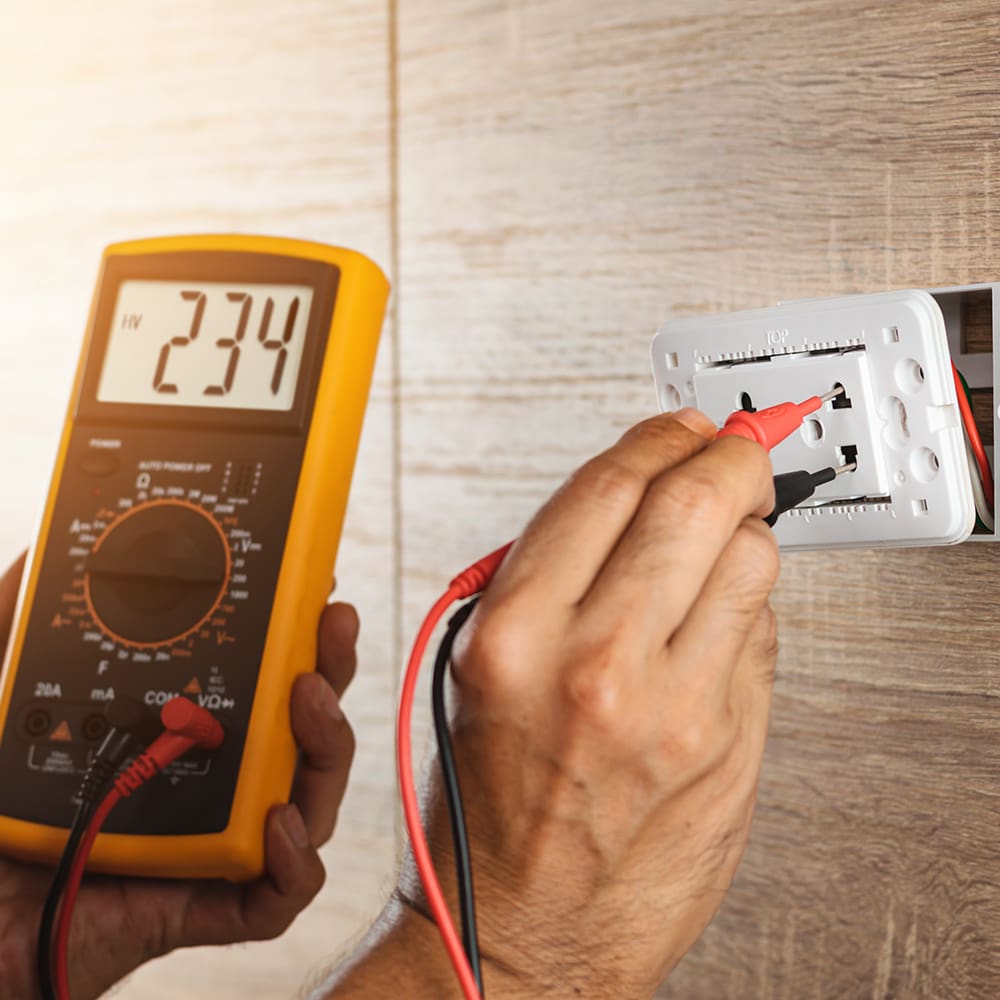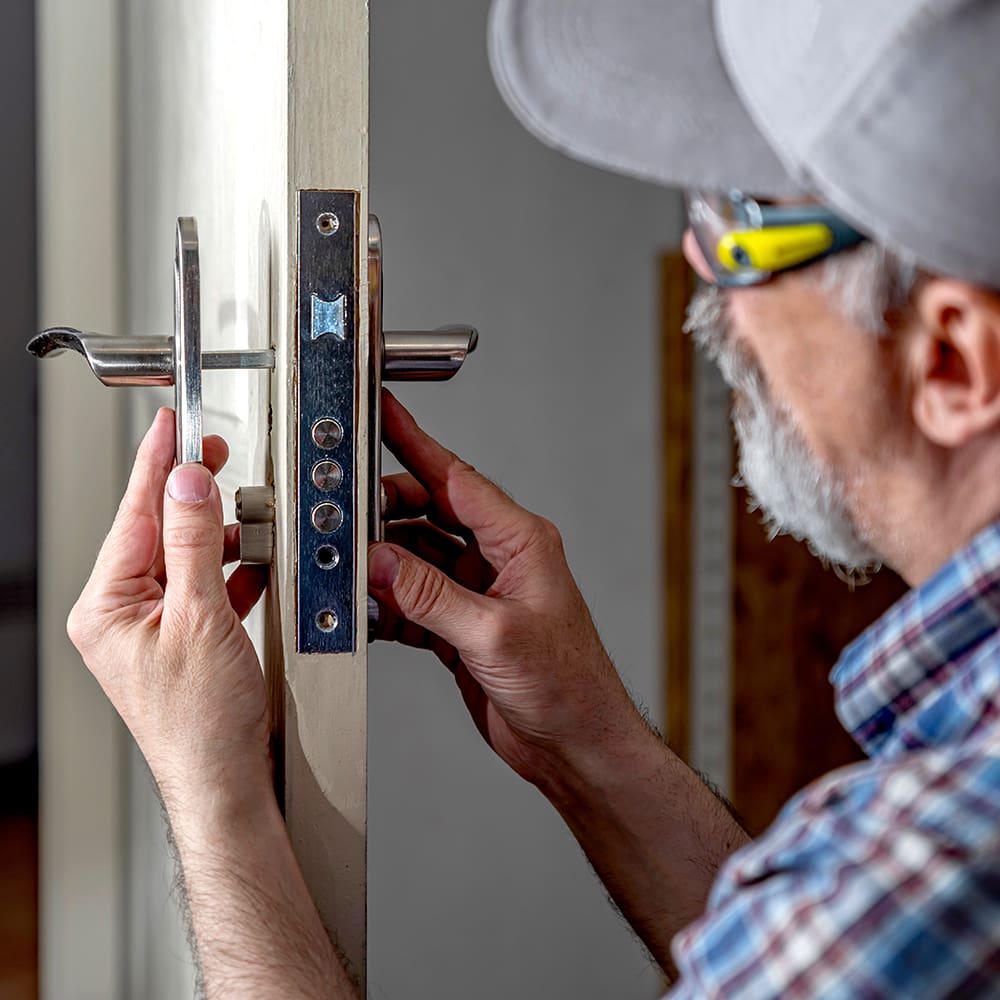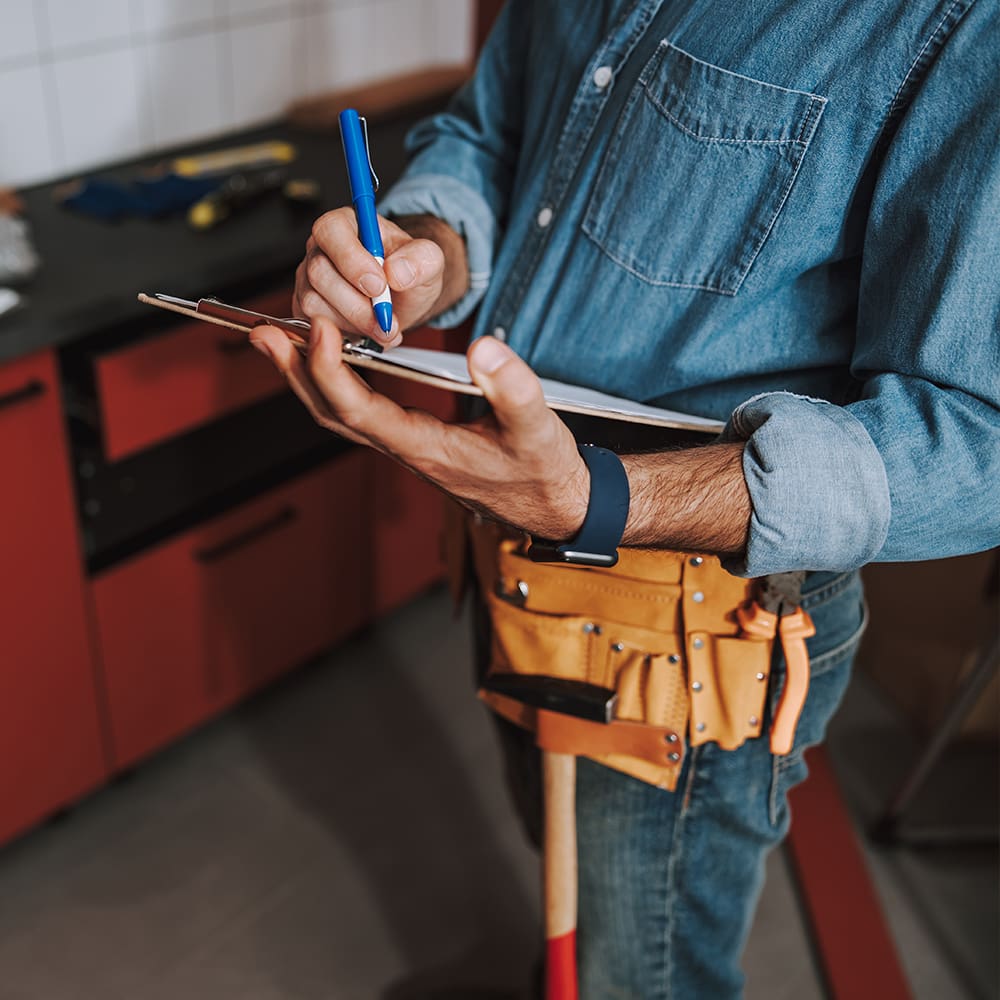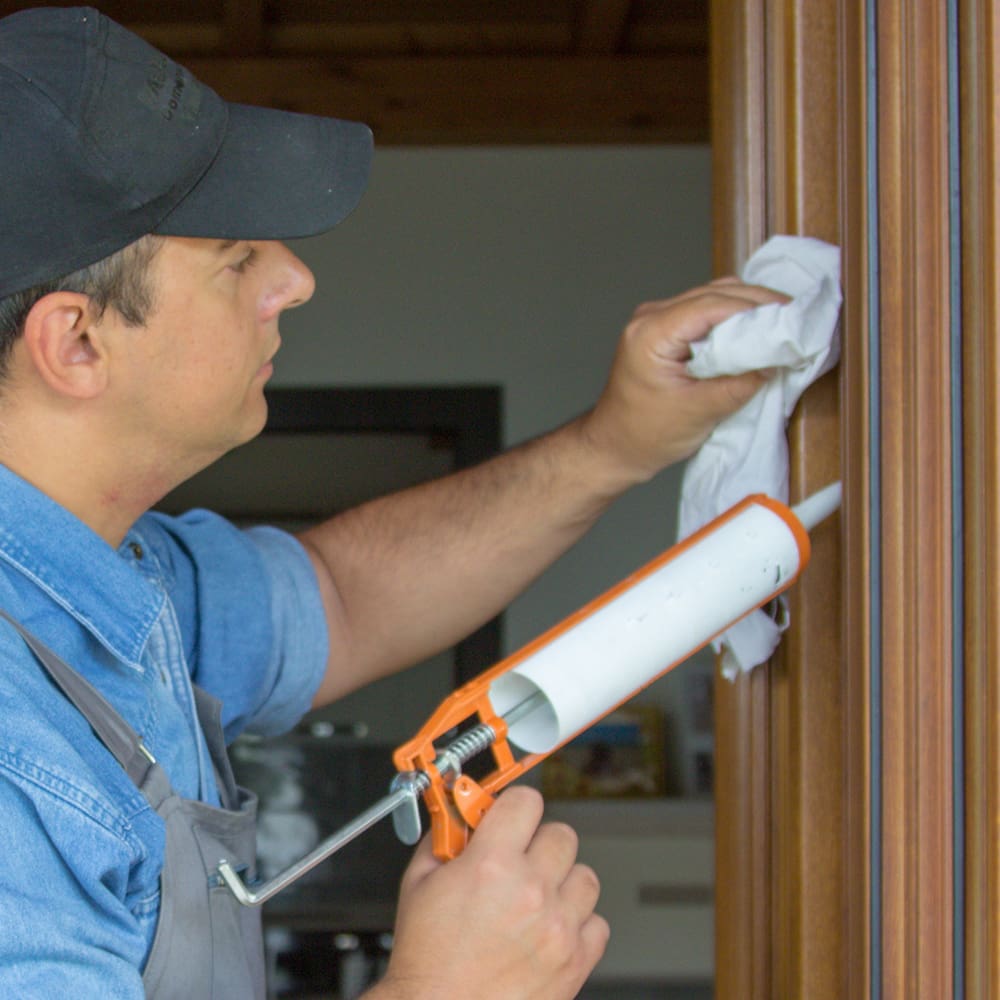How Much Will It Cost for a Home Electrical Inspection?

In today's world, home safety is paramount. One critical step in ensuring your home's safety is a thorough electrical inspection. But many homeowners are left wondering, "How much will it cost for a home electrical inspection?" This blog post aims to demystify the subject, providing you with comprehensive information on what to expect, why it's important, and how to budget for it.
In this article
In today’s world, home safety is paramount. One critical step in ensuring your home’s safety is a thorough electrical inspection. But many homeowners are left wondering, “How much will it cost for a home electrical inspection?” This blog post aims to demystify the subject, providing you with comprehensive information on what to expect, why it’s important, and how to budget for it.
Why You Need a Home Electrical Inspection
Electrical inspections are not just for new homeowners. They are vital for anyone looking to maintain a safe and efficient home. Faulty wiring and outdated electrical systems can pose significant risks, including fire hazards and electrical shocks. An inspection can identify potential issues before they become serious problems.
Regular electrical inspections can also save you money in the long run. Identifying and fixing small issues early can prevent more costly repairs down the line. Additionally, an up-to-date electrical system can improve your home’s energy efficiency, reducing your electricity bills.
What is Included in a Home Electrical Inspection?
A standard home electrical inspection covers several crucial areas. Inspectors will check your electrical panel, circuit breakers, and wiring for any signs of wear and tear. They’ll also examine outlets, switches, and light fixtures to ensure they are functioning correctly and safely.
Another important aspect is the grounding system. Proper grounding is essential for preventing electrical shocks and ensuring the overall safety of your electrical system. Inspectors will also look at GFCI (Ground Fault Circuit Interrupter) outlets, which are particularly important in areas like kitchens and bathrooms where water is present.
Finally, the inspection will review the condition of your home’s smoke detectors and carbon monoxide detectors, ensuring they are operational and up to date. These devices are critical for your family’s safety, providing early warning in case of an emergency.
Factors Influencing Home Electrical Inspection Cost
The cost of a home electrical inspection can vary based on several factors. One of the primary considerations is the size of your home. Larger homes typically require more time to inspect thoroughly, which can drive up the cost.
The age and condition of your electrical system also play a role. Older homes with outdated wiring may require more extensive inspections, increasing the overall expense. Additionally, if your electrical system has undergone significant modifications or if there are known issues, this can affect the cost.
Geographic location is another factor. Prices can vary depending on where you live, with costs generally higher in urban areas compared to rural locations. It’s always a good idea to get multiple quotes from local electricians to ensure you’re getting a fair price.
Average Cost of Home Electrical Inspections
On average, a home electrical inspection costs between $200 and $500. This range can fluctuate based on the factors mentioned earlier. For a basic inspection in a smaller home, you might pay closer to $200. In contrast, a more extensive inspection in a larger home with older wiring could approach $500 or more.
It’s important to note that some electricians offer package deals that include both the inspection and any necessary repairs. While this can be more expensive upfront, it often provides better value by addressing issues immediately, potentially saving you money in the long run.
Additional Costs to Consider
While the inspection itself is a significant part of the cost, there may be additional expenses to consider. If the inspection uncovers issues that need immediate attention, you’ll need to budget for those repairs. Common issues include faulty wiring, outdated panels, and non-compliant outlets.
Some homeowners may also choose to upgrade their electrical systems following an inspection. This can include installing new outlets, upgrading the electrical panel, or adding additional circuits to accommodate modern appliances and electronics. These upgrades can improve safety and functionality but will add to the overall cost.
DIY vs. Professional Inspections
While some homeowners might be tempted to perform their own electrical inspections, it’s generally not advisable. Electrical systems are complex, and without proper training and equipment, you could miss critical issues or even put yourself at risk. Professional electricians have the expertise to identify potential problems and ensure your system is safe and up to code.
Hiring a professional also provides peace of mind. Knowing that a qualified expert has thoroughly inspected your home’s electrical system can alleviate concerns and help you feel confident in your home’s safety.
How to Choose the Right Electrician
Selecting the right electrician for your home electrical inspection is crucial. Look for licensed and insured professionals with good reviews and references. It’s also helpful to choose an electrician familiar with local building codes and regulations.
Ask for detailed quotes from multiple electricians, and be sure to compare not only the cost but also the scope of the inspection services offered. A thorough inspection might cost more initially but can save you money and headaches in the long run.
Benefits of Regular Electrical Inspections
Regular electrical inspections offer numerous benefits beyond safety. They can improve your home’s energy efficiency, helping you identify areas where you might be wasting electricity. This can lead to lower utility bills and a smaller environmental footprint.
Inspections can also extend the lifespan of your electrical system. By catching and addressing issues early, you can prevent wear and tear that might otherwise lead to costly replacements or upgrades.
Additionally, maintaining an up-to-date electrical system can increase your home’s value. Prospective buyers are often willing to pay more for a home with a modern, safe, and efficient electrical system.
Signs You Need an Electrical Inspection
There are several signs that indicate it’s time for an electrical inspection. Frequent circuit breaker trips, flickering lights, and outlets that feel warm to the touch are all red flags. If you’ve recently purchased an older home or are planning a major renovation, an inspection is also a wise precaution.
Other indicators include buzzing noises from outlets or switches, burning odors, and sparks when plugging in or unplugging devices. These symptoms can signal serious issues that require immediate attention.
Preparing for Your Electrical Inspection
Before your scheduled inspection, there are a few steps you can take to prepare. Make a list of any known issues or concerns you want the inspector to address. Ensure that the electrical panel and other key areas are easily accessible.
It’s also helpful to have previous inspection reports and records of any electrical work done on the property. This information can provide valuable context for the inspector and help them identify any recurring issues.
What to Expect During the Inspection
During the inspection, the electrician will perform a thorough examination of your home’s electrical system. This includes checking the electrical panel, circuit breakers, wiring, outlets, switches, and grounding system. The inspector will also test smoke detectors and carbon monoxide detectors to ensure they are functioning correctly.
The inspection typically takes a few hours, depending on the size and condition of your home. At the end of the inspection, the electrician will provide a detailed report outlining any issues found and recommended actions.
Understanding Your Inspection Report
The inspection report is a critical document that outlines the condition of your electrical system. It will include a summary of the findings, along with recommendations for repairs or upgrades. The report may also prioritize issues based on urgency, helping you decide which actions to take first.
Review the report carefully and ask the electrician to explain any points you don’t understand. Use the report as a guide to plan and budget for any necessary repairs or upgrades.
Final Thoughts
A home electrical inspection is an essential step in maintaining a safe and efficient home. While the cost can vary, it’s a worthwhile investment that can prevent more significant issues down the line. By understanding what to expect and how to prepare, you can ensure a smooth inspection process and peace of mind knowing your home’s electrical system is in good hands.




